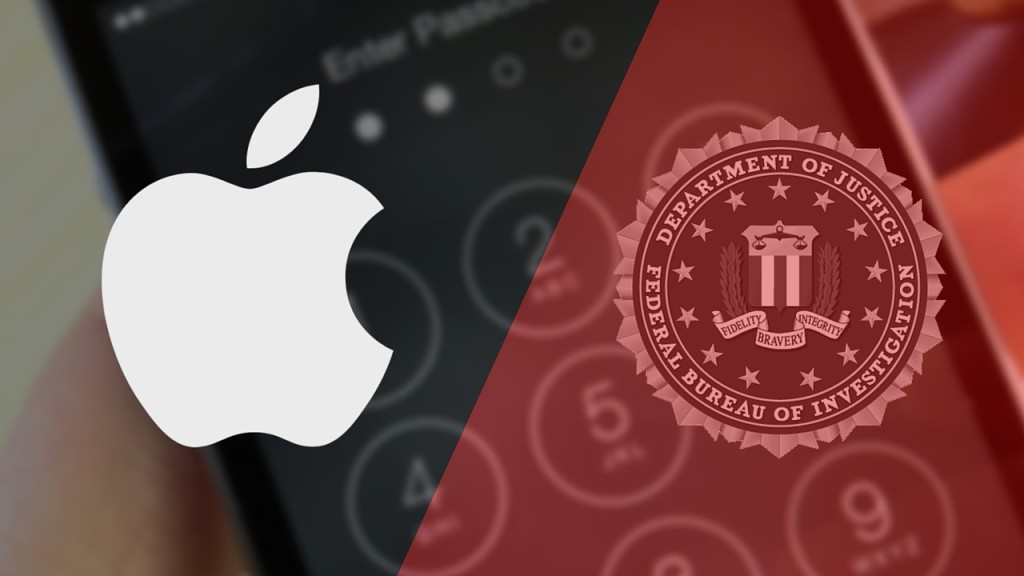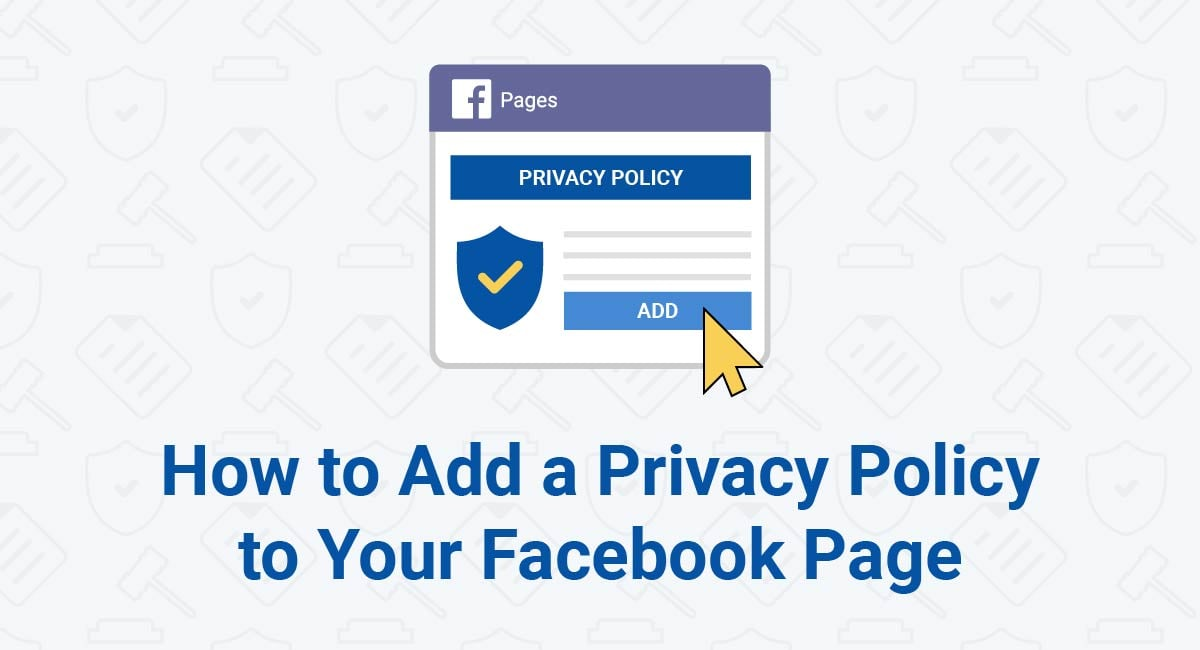The ongoing Apple FBI iPhone case has stirred significant debate regarding the balance between national security and consumer privacy. Following the tragic events of the San Bernardino shooting, the U.S. courts have mandated that Apple assist the FBI in accessing a shooter’s iPhone, but Apple has firmly resisted, fearing it could undermine Apple privacy for its users. Prominent voices like John McAfee have entered the conversation, suggesting he could unlock the device using his expertise in technology. Meanwhile, Apple continues to contend that complying with the court’s request could set a dangerous precedent for security and privacy. As the tension unfolds, it raises profound questions about the implications of such an Apple court case on the future of digital privacy and the extent of government intervention.
The clash between Apple and federal authorities highlights a pivotal moment in the realm of personal data security and law enforcement access. Dubbed the Apple FBI iPhone controversy, this legal battle has emerged in the wake of the San Bernardino incident, where a request has been made for Apple to enable the FBI to unlock a crucial piece of evidence. This has sparked a widespread discussion not only about the technical capabilities needed to unlock the device but also the ethical implications of creating potential backdoors for law enforcement. Tech figures like John McAfee have proposed solutions to this dilemma, fueling further debate about consumer rights and privacy in the digital world. The situation continues to unfold, drawing attention from legal experts, tech enthusiasts, and the general public alike.
The Apple FBI iPhone Case: A Fight for User Privacy
The Apple FBI iPhone case has raised critical questions concerning the balance between national security and personal privacy. At the heart of this dispute is the request from the FBI to access data on an iPhone used by one of the shooters involved in the San Bernardino incident. Apple firmly asserts that complying with this request could endanger the privacy and security of all its customers, essentially setting a precedent that could lead to backdoor access in the future. By refusing to unlock the iPhone, Apple aims to uphold its commitment to user confidentiality, holding fast against pressures from government agencies.
As more facets of digital life become interconnected, the implications of this case extend beyond the immediate scenario to touch on broader themes of digital rights and corporate responsibility. The ongoing debate mirrors similar discussions sparked by other high-profile tech security incidents, notably those involving figures like John McAfee, who claims he can unlock the device without compromising user security. As public opinion fluctuates, many users find themselves torn between supporting FBI actions for justice and advocating for Apple’s protective measures, highlighting the complex dynamics at play in the digital age.
The Role of Apple in Cybersecurity and Privacy
Apple has consistently positioned itself as a guardian of privacy, often promoting its devices as safe havens for personal information. This commitment is increasingly vital amid rising concerns about data breaches and unauthorized surveillance. The tech giant’s ground-breaking encryption policies have made it a trusted name, particularly as court cases like the Apple FBI iPhone case spotlight its dedication to protecting user data from governmental intrusion. This case has further ignited discussions about how much power tech corporations should wield in safeguarding privacy against state aggression.
As the ramifications of the decision regarding the FBI’s request unfold, many are advocating for stronger legal frameworks to support both individual privacy rights and law enforcement needs. Proponents of clearer guidelines argue that while Apple’s refusal to unlock the device may maintain consumer trust, it also raises questions about the lengths to which law enforcement can go to ensure public safety. The outcome will likely influence future dialogues surrounding privacy legislation and how tech companies approach their legal obligations in crises involving national security.
Public Opinion on Apple’s Stance Against the FBI
The stance that Apple has taken against the FBI’s request to unlock the iPhone has divided public opinion significantly. Many users support Apple, citing the tech company’s long-standing commitment to privacy rights and data protection. Websites and forums, including submissions on BetaNews, reveal that a substantial segment of the public believes that compromising customer privacy, even in the name of security, sets a dangerous precedent. They argue that creating backdoors for law enforcement could eventually lead to escalating breaches of user trust and security.
Conversely, there exists a faction within public discourse that aligns with the FBI’s stance, advocating that access to the shooter’s information could potentially unveil critical insights into a terrorist act. This viewpoint suggests that Apple should prioritize the broader societal implications of its technology over individual privacy concerns. In a rapidly changing digital landscape, the task lies in finding a reasonable compromise that respects both public safety and individual privacy while addressing the complex challenges presented by technology.
Legal Implications of the Apple FBI Case
The legal implications surrounding the Apple FBI iPhone case extend beyond the immediate events, as they highlight the evolving nature of technology law in the context of personal privacy and government authority. The court’s ruling that Apple must assist in unlocking the device raises fundamental constitutional questions regarding the Fourth Amendment and the limits of government reach into personal privacy. As more cases similar to this emerge, the judiciary is tasked with the challenge of interpreting existing laws in light of rapid technological advancements that were not anticipated by earlier legislation.
Legal experts predict that the outcome of this case might prompt a new wave of legislative reviews aimed at defining the obligations of tech companies in terms of cooperation with law enforcement agencies. Outcomes could shape future case law around the boundaries of privacy protections against law enforcement needs, and whether companies like Apple can legitimately refuse requests based on user privacy rights. As we navigate through these legal discussions, it becomes critical to set precedent that will honor both individual rights and necessary governmental operations.
Technological Innovation vs. Privacy Concerns
The quest for technological innovation often seems at odds with the need for robust privacy protections. The Apple FBI iPhone case exemplifies this challenging dichotomy that many tech firms face as they continually innovate while simultaneously ensuring that their products are not abused in ways that infringe on user privacy. The rise of advanced encryption and security measures has undoubtedly enhanced consumer protection, yet it has also fueled a broader debate about the ethical implications surrounding such technologies. With figures like John McAfee advocating for accessibility to protected devices, the dilemma of innovation versus privacy intensifies.
From a consumer perspective, individuals are increasingly aware of the potential consequences of their digital security choices. Many users find themselves in a conundrum, needing devices that protect their information while also recognizing the societal responsibility to assist in preventing crime and terrorism. Apple’s challenge lies in maintaining its identity as a tech leader and innovator while pursuing strong privacy measures that do not hinder law enforcement efforts. Ultimately, how these competing interests are managed will shape the future landscape of technology and privacy.
The Implications of Backdoor Access to Devices
A significant aspect of the Apple FBI iPhone case revolves around the potential implications of granting backdoor access to devices. If Apple were to comply with the FBI’s request, it could lead to the development of a framework in which tech companies are obligated to create vulnerabilities in their products for law enforcement. This concept raises alarming questions about the overall security of devices and the far-reaching effects this could have on consumer confidence. Many fear that such a precedent could incentivize further breaches, ultimately jeopardizing the very privacy that customers expect.
Consumers actively engaged in the discussion express concerns that once a backdoor is established, the risks extend beyond government use, making it easier for hackers and malicious actors to gain unauthorized access to sensitive data. As authorities push for access to iPhones in individual cases, the challenge remains to ensure that such actions do not lead to a broader erosion of digital security standards. The balancing act becomes critical: how to meet legitimate security needs without compromising the fundamental privacy rights of individuals, aligning more with public sentiment that champions reliability and security in technology.
Responses from Tech Giants Beyond Apple
The Apple FBI iPhone case has sparked a wider conversation among other tech giants regarding privacy rights and government requests for access to encrypted devices. Companies like Google and Microsoft have closely monitored the developments, as they, too, understand that they could be subject to similar demands. Following Apple’s lead, many tech firms have expressed their commitment to user privacy, opposing measures that would require them to create backdoors. Statements from corporate leadership signify a growing solidarity within the tech community, advocating for a collective approach to protecting consumer data against overreach.
Moreover, these discussions have led to initiatives aimed at improving transparency concerning government requests for data. Tech companies are now increasingly vocal about the pressures they face when cooperating with law enforcement and the implications these interactions hold for both corporate ethics and consumer trust. As the industry grapples with the repercussions of the Apple FBI case, the focus has shifted towards creating a proactive dialogue between tech businesses, regulators, and the public to ensure all stakeholders are aligned on privacy principles.
History of Privacy Cases Involving Technology Companies
The ongoing Apple FBI iPhone case is not isolated but rather a continuation of a long-standing battle between technology companies and government entities regarding access to personal data. Historical cases, like those involving encryption and user information access, have set critical precedents that shape current discussions. Previous cases have demonstrated how tensions can arise when national security interests collide with individual rights, often leading to a reevaluation of legal parameters concerning privacy in the digital realm. Events surrounding the San Bernardino shooting mark a pivotal moment that further catalyzes these conversations.
As we reflect on the history of these cases, we see a pattern emerging in how technology firms navigate requests from law enforcement. Instances like the Apple court case underscore the significance of user trust within the tech community; failure to safeguard customer information can lead to public backlash and decreased brand loyalty. Recognizing the lessons from the past is crucial as companies like Apple embark on the complicated task of balancing innovation, user privacy, and compliance with legal mandates.
Future Outlook on Privacy and Technology Collaboration
Looking to the future, the discourse surrounding privacy and technology collaboration will likely evolve. The Apple FBI iPhone case may act as a catalyst for creating more defined legal standards that address the intersection of privacy rights and the needs of law enforcement. Stakeholders, including politicians, tech companies, and consumer advocates, are beginning to recognize the urgency of establishing frameworks that protect individual privacy while allowing for meaningful cooperation in criminal investigations.
In addition, there’s an emerging consciousness of the role technology plays in everyday life and the associated privacy risks. With an increasing number of technologies penetrating various sectors, educational efforts concerning data security and user rights are vital. Tech companies, including Apple, have the opportunity to lead the charge in fostering transparency and trust, which could pave the way for a collaborative partnership model that respects both user privacy and regulatory requirements. As we navigate this continually evolving landscape, a proactive approach will ensure that the interests of all parties are honored.
Frequently Asked Questions
What is the Apple FBI iPhone case and why is it significant?
The Apple FBI iPhone case centers around a court ruling requiring Apple to assist the FBI in unlocking an iPhone owned by one of the San Bernardino shooters. This case is significant as it raises critical concerns about privacy, security, and the responsibilities of tech companies in law enforcement.
How does the Apple privacy stance play a role in the FBI iPhone unlock controversy?
Apple privacy is central to the FBI iPhone unlock controversy, as Apple has refused to comply with the FBI’s request, arguing that unlocking the device could set a dangerous precedent that compromises user security and privacy across all iPhones.
What were the implications of the San Bernardino shooting on the Apple court case?
The San Bernardino shooting heightened the stakes of the Apple court case, as the FBI sees the locked iPhone as crucial evidence in the investigation. This public safety angle intensified the debate on whether Apple should prioritize user privacy or assist in national security efforts.
What arguments did Donald Trump make regarding the Apple FBI case?
Donald Trump has urged Apple to utilize ‘common sense’ and comply with the FBI’s requests to unlock the iPhone. His stance reflects a broader perspective that prioritizes immediate national security concerns over corporate privacy policies.
How did John McAfee propose to unlock the iPhone in the Apple FBI case?
John McAfee claimed he could unlock the iPhone for the FBI within three weeks using social engineering techniques, suggesting that the solution does not necessarily require Apple’s direct intervention or the creation of a backdoor for iPhones.
What are the consequences if Apple creates a backdoor for the iPhone, according to its privacy policy?
If Apple creates a backdoor to unlock the iPhone as requested by the FBI, it could compromise the security of all iPhones, undermining the strong encryption that protects user data and privacy. This would pose significant risks not just for Apple users, but for digital security as a whole.
Is there a community consensus on Apple’s role in the FBI iPhone case?
Community opinions on Apple’s role in the FBI iPhone case are mixed. While some readers support Apple’s commitment to privacy and security, others believe the company has a duty to assist law enforcement in accessing vital evidence from the device to aid ongoing investigations.
What legal implications could arise from the Apple court case and the FBI’s request?
The legal implications of the Apple court case revolve around the tension between user privacy rights and law enforcement needs. The outcome could set precedents regarding tech companies’ obligations to assist in investigations, potentially impacting future cases involving digital privacy and security.
| Key Point | Details |
|---|---|
| Court Ruling | US courts have ordered Apple to assist the FBI in accessing an iPhone related to the San Bernardino incident. |
| Apple’s Response | Apple refuses due to concerns over customer security and privacy. |
| Public Opinions | Opinions are divided; some support Apple’s stance, while others, including Donald Trump, urge cooperation. |
| Expert Claims | John McAfee claims he can unlock the iPhone through social engineering techniques. |
| FBI’s Position | The FBI asserts that it only wants to unlock this specific phone and not create backdoors for all devices. |
| Ongoing Situation | Apple has been given more time to respond to the court order, indicating the issue is still unresolved. |
Summary
The Apple FBI iPhone case has sparked significant debate surrounding privacy and security. As the courts have mandated that Apple assist the FBI in accessing a device linked to a tragic incident, Apple stands firm against this directive, citing the potential risks to its customers’ data security. This clash highlights the ongoing struggle between governmental authority and individual privacy rights. Public opinion remains divided, with significant figures advocating for either side. While the FBI seeks a narrow solution without compromising global security, Apple’s resistance raises important questions about the future of digital privacy and the responsibilities of tech companies.



